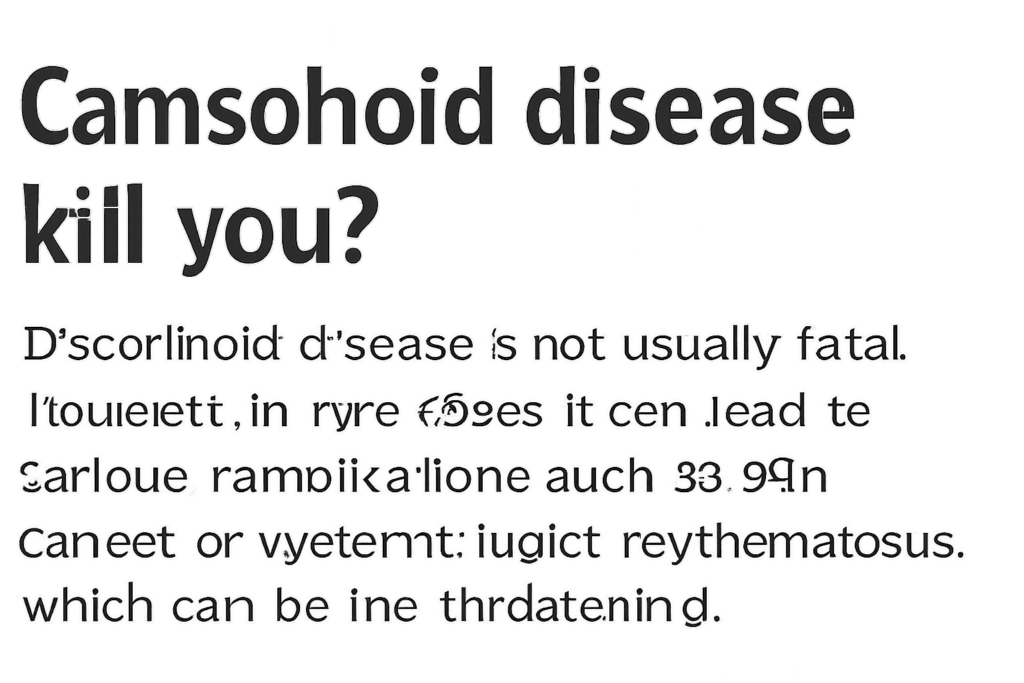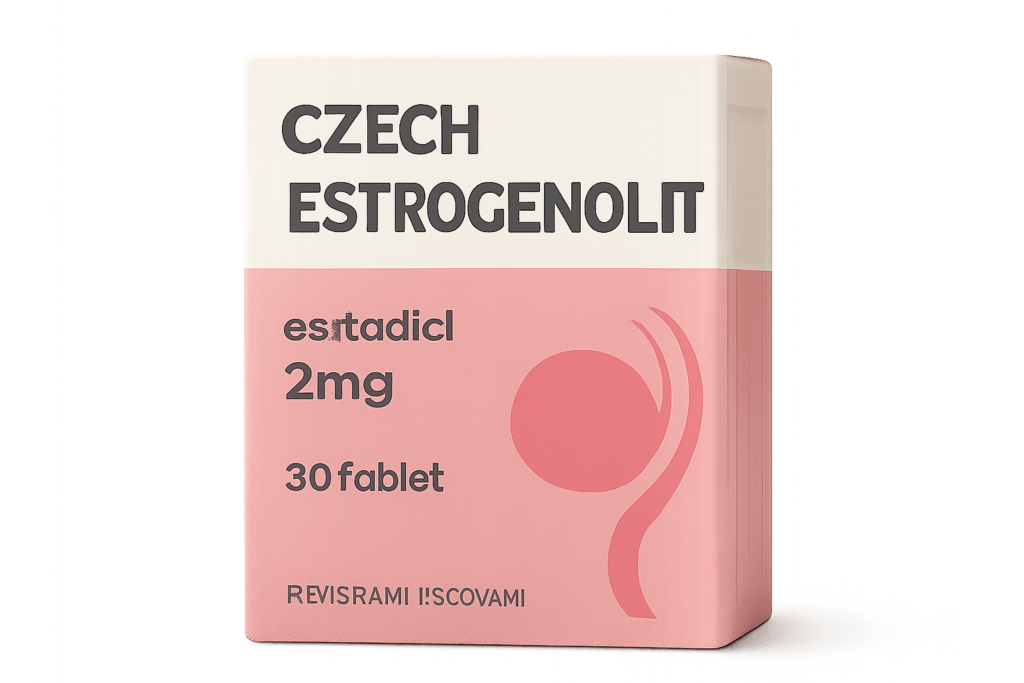can disohozid disease kill you
If you’ve just heard about disohozid disease, you might be surprised to find very little reliable information available. The first question most people ask is simple: can disohozid disease kill you? Let’s break down what’s known, possible risks, and what to do if you think you’ve encountered symptoms.
Understanding Disohozid Disease
Disohozid disease is not a common household name. In fact, it’s so rarely discussed in mainstream medical literature that confusion is normal. In the broadest sense, every disease carries its own range of risks—some are mild, others can be fatal. Determining if disohozid disease is deadly starts with clarifying what the disease actually is.
Based on available reports and the naming pattern, disohozid disease appears to refer either to a rare infectious or metabolic disorder, or could be a misunderstood or newly coined term. As of now, it hasn’t been recognized as a major or emerging health threat by organizations like the CDC or WHO.
Is Disohozid Disease Fatal?
The question—can disohozid disease kill you—requires reliable medical evidence. With the name not widely recognized, there aren’t documented fatality statistics. For most rare or newly discovered diseases, the risk of death depends on multiple factors:
- The severity and speed of symptoms
- Whether major organs are affected
- Early detection and access to treatment
For context, many diseases can be lethal if left untreated. Some rare diseases remain relatively harmless, while others can progress rapidly. In the absence of solid data or medical research linking disohozid disease to severe outcomes, it’s reasonable to treat the risk with caution but not alarm.
Recognizing Symptoms and Getting Treatment
The best advice for any unusual or unclear health concern is to watch for worrying symptoms. For example, unexplained fatigue, pain, or persistent fever often signal that something needs medical attention regardless of the specific name associated.
If you think you have symptoms linked to disohozid disease, prioritize these steps:
- Seek medical advice right away; do not attempt self-diagnosis
- Track your symptoms and note any changes
- Ask your healthcare provider about possibilities, including rare diseases
- Get referred to a specialist if standard tests don’t reveal a diagnosis
Prompt action, in general, increases the chances of recovery with most medical conditions.
Potential Risks and Precautions
When dealing with rare diseases, the biggest risks are misdiagnosis, lack of public awareness, and untreated progression. Even if disohozid disease itself is not proven deadly, complications from unknown conditions can be. Unaddressed symptoms might lead to chronic health problems or, in rare cases, life-threatening scenarios.
Final Thoughts
Can disohozid disease kill you? As of now, no reputable evidence suggests it is consistently fatal—mainly because the disease itself is poorly documented. However, uncommon medical conditions shouldn’t be ignored. If you think you may have symptoms linked to this or any rare disease, reach out to a healthcare provider quickly. Early assessment and accurate diagnosis are your best protection. Stay informed, watch for credible updates, and always take mysterious symptoms seriously.

 Rogerry Nelsonier is a trailblazer in the tech industry, renowned for his passion for technology and its potential to drive societal impact. Inspired by the rapid advancements in technology, Rogerry envisioned a collaborative space where innovative minds could converge to explore groundbreaking ideas and develop transformative solutions. This vision culminated in the founding of Info Wave Circle, a dynamic community dedicated to fostering innovation and creativity.
Rogerry's journey began in Pompano Beach, Florida, where he established Info Wave Circle to bring together like-minded individuals passionate about leveraging technology for positive change. Under his leadership, Info Wave Circle has grown into a thriving hub for tech enthusiasts, entrepreneurs, and innovators. Rogerry’s commitment to pushing the boundaries of what technology can achieve continues to inspire those around him, making Info Wave Circle a beacon of progress and societal advancement.
Rogerry Nelsonier is a trailblazer in the tech industry, renowned for his passion for technology and its potential to drive societal impact. Inspired by the rapid advancements in technology, Rogerry envisioned a collaborative space where innovative minds could converge to explore groundbreaking ideas and develop transformative solutions. This vision culminated in the founding of Info Wave Circle, a dynamic community dedicated to fostering innovation and creativity.
Rogerry's journey began in Pompano Beach, Florida, where he established Info Wave Circle to bring together like-minded individuals passionate about leveraging technology for positive change. Under his leadership, Info Wave Circle has grown into a thriving hub for tech enthusiasts, entrepreneurs, and innovators. Rogerry’s commitment to pushing the boundaries of what technology can achieve continues to inspire those around him, making Info Wave Circle a beacon of progress and societal advancement.
